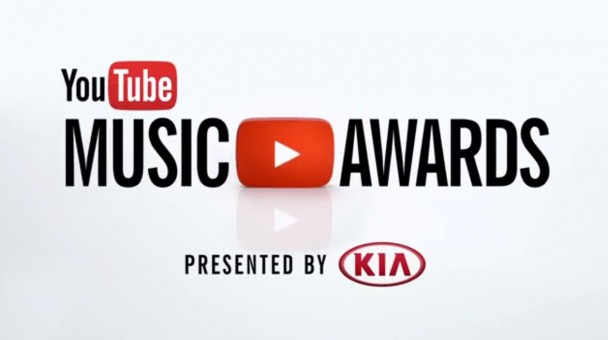They voiced their amazement that the hosts would be unscripted, so that they could be spontaneous like the standard YouTube video. How daring! How frigging cutting edge!
When I read this, I must admit I scoffed. I personally haven't turned on the camera and been 'spontaneous' for several years now. And most of the independent content creators have well thought out scripts for their vlogs. Many are now even moving into more conventional forms of artistic expression. The examples of crabstickz having a panel show, the comedy drama Project Library and PJ's sketches all spring to mind as examples of a though out process before the creator even turns on the camera.
The fact is, this illusion of an unregulated medium between creator and audience is a farse. The original content that people view on YouTube is more filtered than ever. Before, creators had the desires of the producer, director and film editor to deal with. Now, the only person deciding on the final product is the creator themselves, filling the role of all the above professionals. And the fact is that the end product is even more scrutinised than the content we (used to) view on the original 'boob tube'.
Is the increased control afforded to the creator a bad thing? It is often heralded as a ground remaking positive for creatives. But I would argue that it creates more illusion of authenticity than the faux-intimacy that appears on millions of screens.
I believe that most viewers will believe that the person that they are seeing on their laptop is the real deal, similar to what was suggested by a fan on the BBC's Woman's Hour last week. "I feel like I know them," she said, citing Charlie, Alex and the VlogBrothers as her main YouTube staple.
But the reality is that the person present in the vlog is miles away from the person who comes up with the concept. After the script is perfected, the quiff set in place and the fish eye lens attached there is a finely choreographed personality.
YouTube and its creators are changing media in a lot of ways. But the illusion of a more intimate relationship between talent and audience is false. Those that are at the top of their game and are raking in the views know very well what they are doing.
Whether or not this is a good thing or not, I don't know. But the perception of intimacy should not be confused with the ever more polished product presented on our screens.







